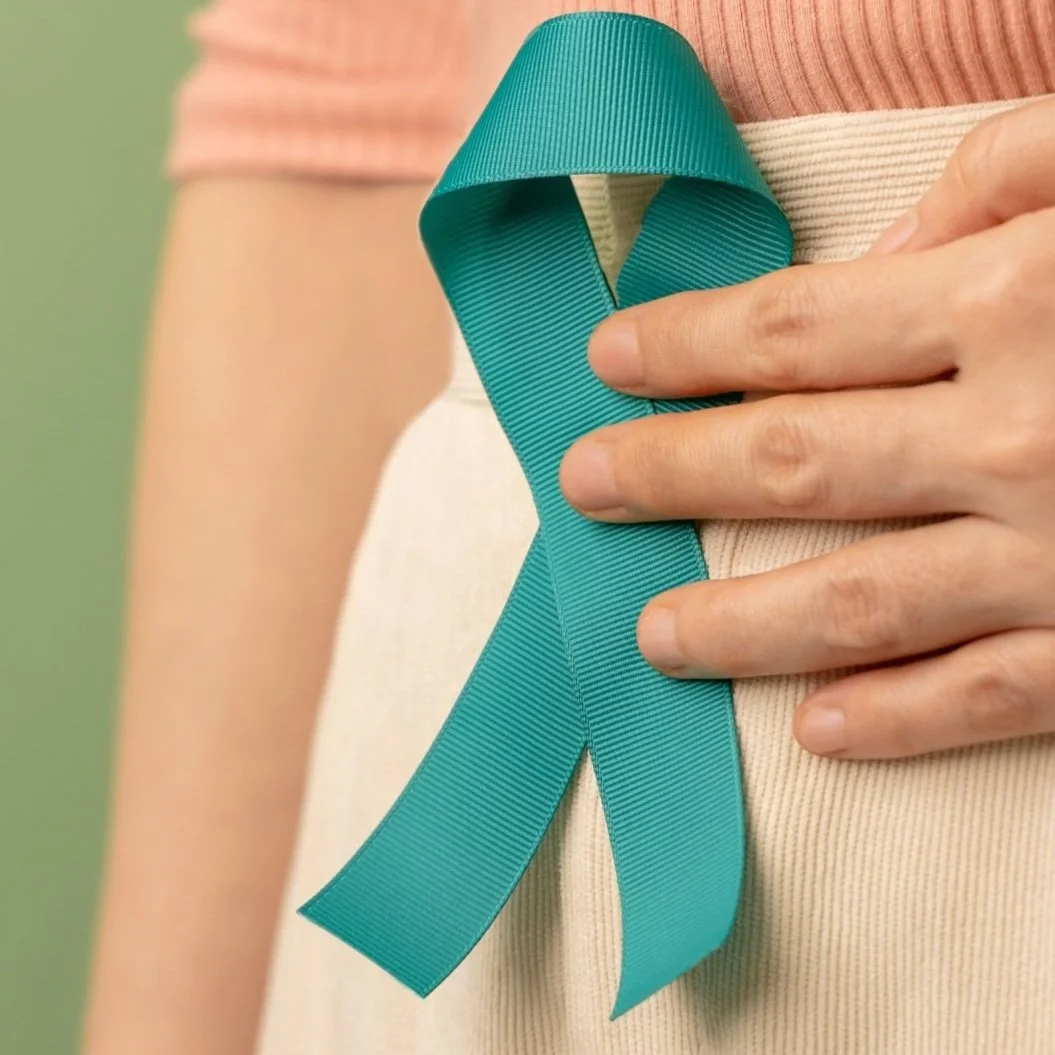Empowerment Through Knowledge: Understanding Cervical Cancer
Cervical cancer is a significant and widespread health concern that affects women globally. As a care provider who has supported many through their health journeys, our experience has taught us that knowledge is not only empowering but essential to understanding how individuals can be affected.
This Cervical Cancer Prevention Week, we will take steps towards raising awareness and dispel common misconceptions about cervical cancer. Use the dropdowns below to understand how to protect yourself and your loved ones against cervical cancer.
-
Cervical cancer is mostly due to human papillomavirus (HPV), a common viral infection responsible for various skin growths around the genital area. HPV is most often symptomless, making it challenging to detect, with over 90% of cervical cancer cases attributed to the virus. HPV spreads through genital skin-to-skin contact, sexual intercourse, or sharing sexual toys. Those who are more likely to be affected by cervical cancer are:
Anyone with a cervix
Age: It's more common in young women under 45.
Weakened Immune System: Those with a weakened immune system, such as individuals with HIV or AIDS, are at a higher risk.
Childbirth: Multiple children or childbirth at a young age may increase your risk.
Maternal History: If your mother took diethylstilbesterol (DES) during pregnancy, your risk may be elevated.
Previous Cancers: Individuals with a history of vaginal, vulval, kidney, or bladder cancer may face a higher risk.
-
MYTH: Cervical cancer cannot be prevented.
FACT: Cervical cancer can be prevented. Regular screenings can detect abnormalities before they become cancerous. Early treatment can prevent the development of cervical cancer. HPV vaccines are also available.
MYTH: Multiple sexual partners increase your risk of cervical cancer
FACT: Though multiple partners could increase the risk of cervical cancer, you can develop cervical cancer even with one sexual partner. The risk is not solely determined by the number of partners.
MYTH: I'm too old for cervical cancer screening.
FACT: Screenings can continue until age 69. Consult your GP to determine if you should still be tested.
MYTH: Cervical cancer is hereditary, and I won't be diagnosed without a family history.
FACT: Cervical cancer is not hereditary because it is not caused by an inherited gene. However, sometimes cervical cancer can be more common in families due to consistent behaviours, i.e.,. smoking.
MYTH: All women need an annual cervical cancer screening.
FACT: Women between the ages of 25 to 64 are entitled to NHS cervical screening every three years.
MYTH: All women with cervical cancer experience symptoms
FACT: In its early stages cervical cancer can be asymptomatic (no symptoms) hence the need to be screened even when you do not have any symptoms.
-
Besides the HPV vaccination, your risk for cervical cancer can be minimised/decreased by avoiding:
Multiple sexual partners
Smoking
Sexual intercourse at an early age
Chlamydia or STIs
Weakened immune system or HIV infection
All children between the ages of 12-13 are offered the HPV vaccines, which is typically given in schools or at your GP surgery. If you missed this at 12-13, the HPV vaccine is available for free on the NHS for girls under 25 and boys between 17-45.
-
https://www.jostrust.org.uk/ - Jo’s Cervical Cancer Trust
http://www.macmillan.org.uk/ - Macmillan Cancer Support
https://www.cancerresearchuk.org/ - Cancer Research UK
https://www.mariecurie.org.uk/ - Marie Curie
-
https://www.nhs.uk/conditions/cervical-cancer/ - NHS Cervical Cancer
https://www.gov.uk/guidance/cervical-screening-programme-overview - Cervical Screening Guidance
https://www.nhs.uk/conditions/vaccinations/hpv-human-papillomavirus-vaccine/ - HPV Vaccine Guidance
As we commemorate Cervical Cancer Prevention Week, let us join hands in the fight against this preventable disease. The stories of those we have supported will always stay with us and remind us of the importance of early detection and proactive steps to reduce risk. Now, it’s your turn to take charge of your health:
Stay informed – knowledge is the first line of defence!
Get tested – schedule an appointment for screening and don’t delay.
Spread awareness with your friends and family – provide them with guidance through the NHS links and donation links below.
Take preventative measures – embrace a healthy lifestyle by adopting practices that could reduce risks, such as, balanced diets and avoiding tobacco.
Your health matters and acting today can save the lives of tomorrow.

